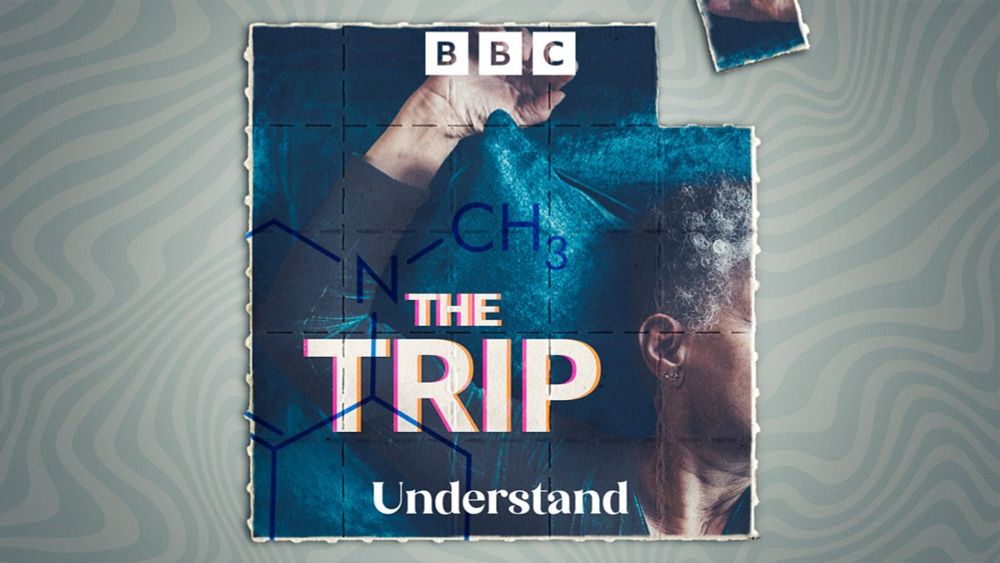
📣 Please enjoy, share, and give feedback!
Many thanks to my colleagues who supported me in this epic tale!
Raphaël Gaillard, @standehaene.bsky.social, @thomasandrillon.bsky.social and Alexandre Salvador
📣 Please enjoy, share, and give feedback!
Many thanks to my colleagues who supported me in this epic tale!
Raphaël Gaillard, @standehaene.bsky.social, @thomasandrillon.bsky.social and Alexandre Salvador
🧠 These effects were related to a decreased early brain activity in EEG (N1) and to the intensity of experienced psychotic-like symptoms.

🧠 These effects were related to a decreased early brain activity in EEG (N1) and to the intensity of experienced psychotic-like symptoms.
Enjoy! 🎧
Enjoy! 🎧
In last episode, dealing about the future of psychedelics, I talk about the possible dissociation between the psychedelic experience and the therapeutic effects:
www.bbc.co.uk/programmes/m...

In last episode, dealing about the future of psychedelics, I talk about the possible dissociation between the psychedelic experience and the therapeutic effects:
www.bbc.co.uk/programmes/m...
✅ Consciousness disruption translates into various symptomatic expressions according to the psychiatric disorder
✅ In patients with OCD, consciousness disruption delineates two distinct subgroups in terms of cognitive deficits and clinical features
✅ Consciousness disruption translates into various symptomatic expressions according to the psychiatric disorder
✅ In patients with OCD, consciousness disruption delineates two distinct subgroups in terms of cognitive deficits and clinical features
‼️ Patients with OCD who have a poor insight exhibit similar consciousness deficits as patients with schizophrenia
‼️ Patients with OCD and good insight performed similarly to controls ⤵️
‼️ Patients with OCD who have a poor insight exhibit similar consciousness deficits as patients with schizophrenia
‼️ Patients with OCD and good insight performed similarly to controls ⤵️
😮 We found pretty surprising results: ⤵️
😮 We found pretty surprising results: ⤵️




Please find here the link for free access until 27th of July:
authors.elsevier.com/a/1lE1NY3M3l...
Enjoy!!
Please find here the link for free access until 27th of July:
authors.elsevier.com/a/1lE1NY3M3l...
Enjoy!!
😅 Believe me, it was quite a long journey before it was published in Neuroscience & Biobehavioral Reviews!
😅 Believe me, it was quite a long journey before it was published in Neuroscience & Biobehavioral Reviews!

